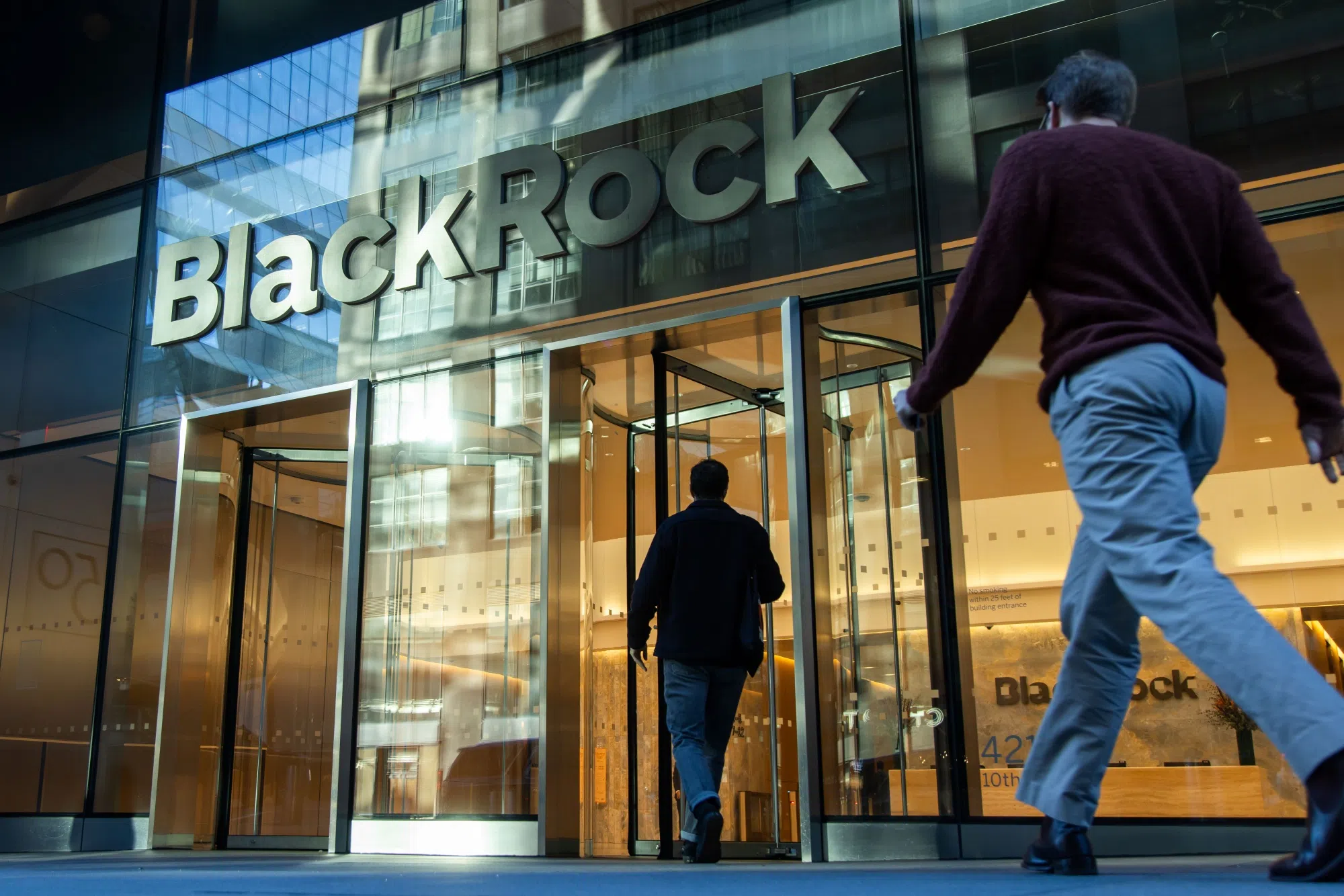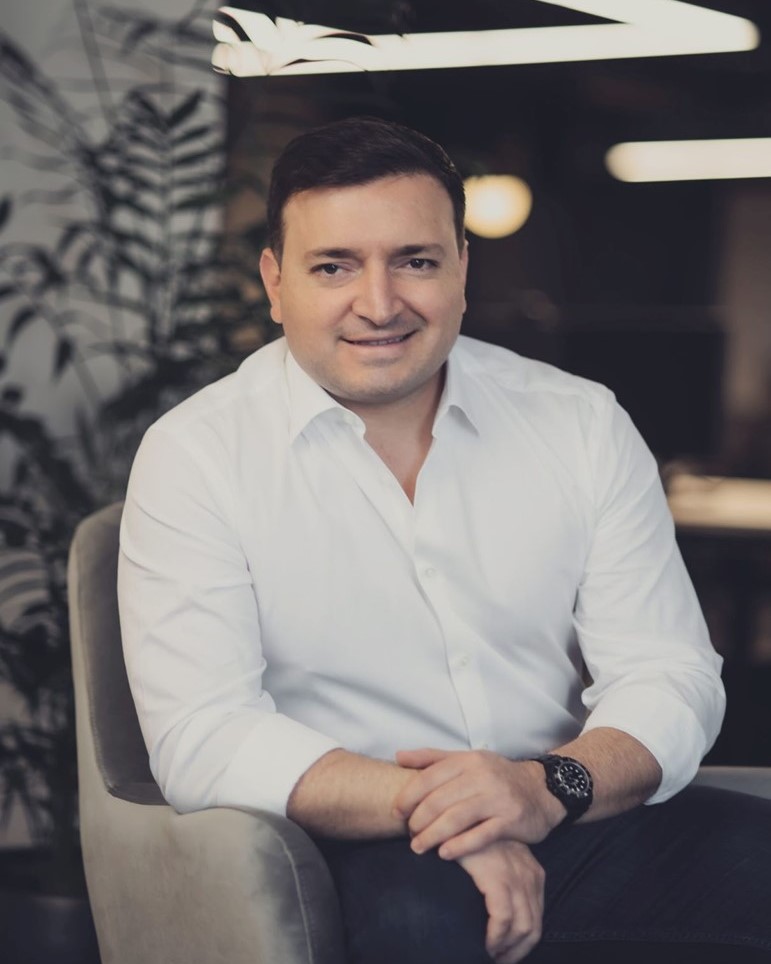BLACKROCK is throwing its weight behind an early push to bring exchange-traded funds (ETFs) to money-market investors.
The asset-management company – which helped hasten the widespread adoption of ETFs – is seeking regulatory approval for two new funds, the iShares Government Money Market ETF and the iShares Prime Money Market ETF, according to filings with the Securities and Exchange Commission.
BlackRock’s rollout would significantly expand an experiment that started in September, when the Texas Capital Government Money Market ETF became the first to target traditional funds, which have seen their assets swell to a record US$6.6 trillion. That fund, which is still the only one of its kind, has about US$43 million in assets, according to data compiled by Bloomberg.
ETFs have steadily taken over vast parts of the securities business in part because they are easier to shift in and out of rapidly, making them a draw to individual investors. In the case of the money-market funds, however, that liquidity comes at the expense of a protection provided by traditional funds: Unlike those, the ETFs are not required to maintain a stable net asset value of US$1, meaning investors can be exposed to some downside risk.
“To anybody looking for a money-market to have a stable NAV (net asset value), these won’t do it,” said Eric Balchunas, senior ETF analyst at Bloomberg Intelligence.
“Is a fixed NAV overrated? I think so,” he said. “That’s the case these funds will make.”
BT in your inbox
Start and end each day with the latest news stories and analyses delivered straight to your inbox.
It still remains to be seen whether the potential appeal of ETFs will carry over to money-market investors, who are primarily looking for a safe way to earn a higher return than traditional savings accounts. When launching its fund, Texas Capital said that the increased liquidity of an ETF would appeal to institutional investors by allowing them to buy and sell the shares throughout the day.
BlackRock declined to comment on the filings, citing regulatory guidelines.
Investors have piled into money-market funds over the past several years, thanks in a large part to the US Federal Reserve’s aggressive rate-hiking cycle that sent short-term rates above 5 per cent. While the central bank has begun to ease policy, short-term rates are still high enough to keep pulling cash towards money-market funds, which saw their assets rise to an all-time high last week.
BlackRock’s government money market ETF will invest at least 99.5 per cent of its total assets in instruments including cash, US Treasury bills and repurchase agreements, while the prime fund will invest in a range of short-term commercial, bank and government instruments. BLOOMBERG







